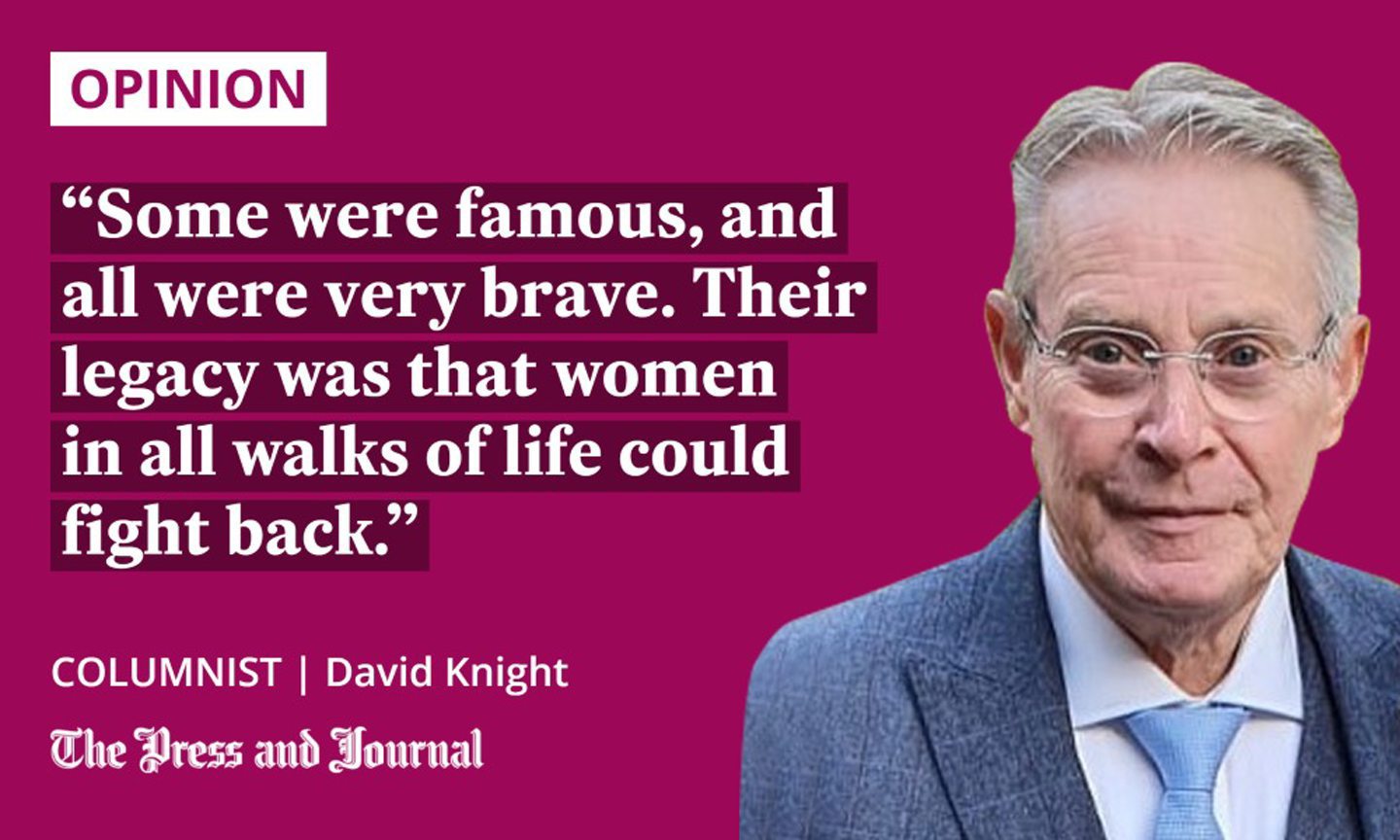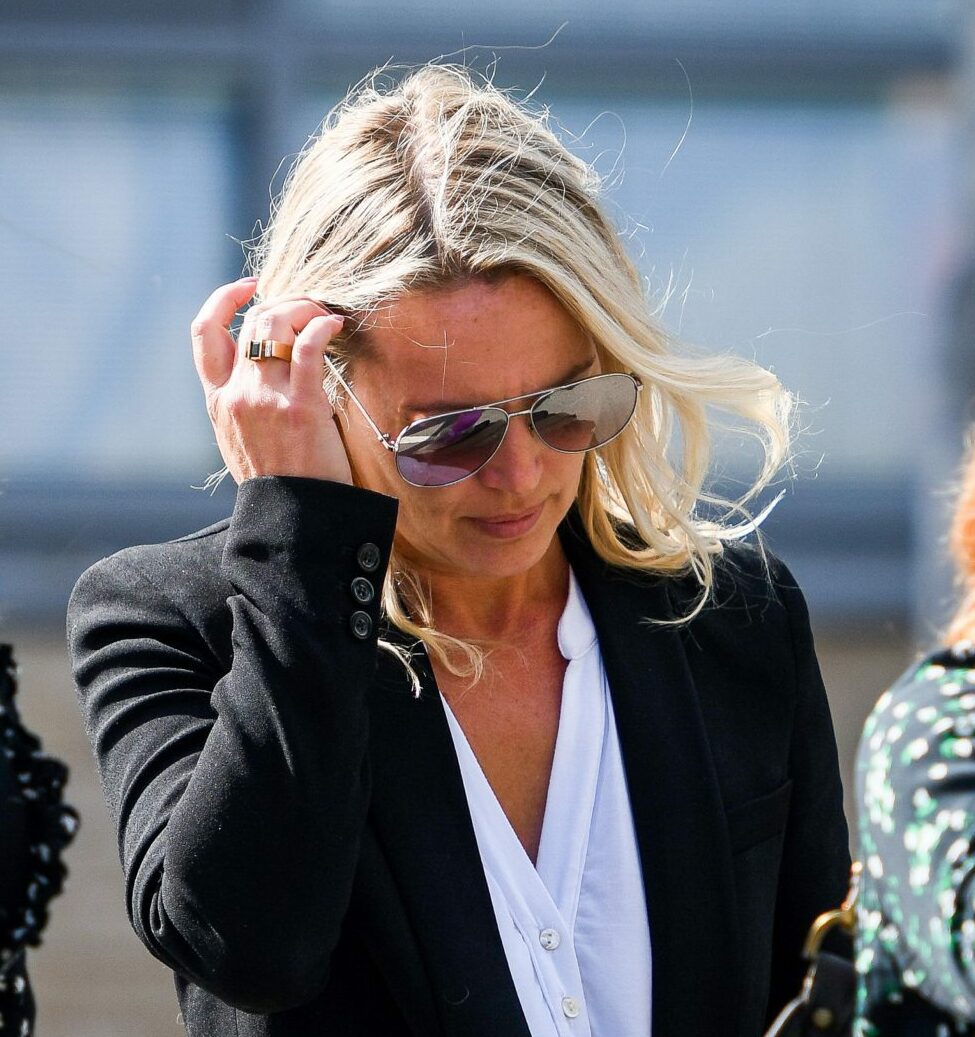I seem to have every satellite TV subscription known to man, but struggled to find anything to watch after searching across some pretty barren terrain during summer.
To top it all, Sky quietly withdrew discounts it gave me as a “valued VIP customer” and my bill shot up £30 a month without any warning.
I don’t feel special anymore, but I noticed that Asda smoked bacon has a £1.60 “price lock” for 10 slices to ease the cost of living. That’s some consolation.
Anyway, my nomadic journey around channels led me into the footsteps of Marco Polo on Netflix. Polo’s travel problems – staying alive on a daily basis in 13th century Mongolia – made our rail and air chaos look pretty inconsequential.

Netflix’s colourful drama based on his adventures in the Mongol kingdom ruled by Kublai Khan – grandson of Genghis – is a sumptuous epic.
The first series also overflows with female nudity.
I’m no prude; I am all for daring artistic expression without unnecessary censorship. In case of doubt, please allow me to place on record that I have no objections to female nakedness.
We’ve come a long way since clean-up TV campaigner Mary Whitehouse tried to ban Pan’s People on Top of the Pops.
But the important thing is context, and there were a couple of things bothering me about the amount of female flesh on show in Marco Polo.
Weinstein’s influence makes for uncomfortable watching
I couldn’t distinguish between what was supposed to be a serious depiction of female enslavement and domination, or what might be simply gratuitous titillation.
We expect bawdiness and nudity in swords-and-robes dramas these days – and we love it, I hear you say. After all, there was a fairly graphic orgy in the new House of the Dragon follow up to Game of Thrones, which began on Sky just days ago. Maybe it’s worth the extra monthly payment after all.
What really made me feel uncomfortable about Marco Polo was that disgraced Hollywood producer Harvey Weinstein’s name was emblazoned all over it.
“Netflix” and “Weinstein Company” filled the screen in the opening shot of every episode, released before the scandal broke.
Harvey Weinstein’s name was also featured prominently as one of the executive producers. This means his hands were all over it – a phrase I use with some trepidation.
But some scenes were far more unpleasant than a mere naked romp. It’s heavy on the female subjugation element, which reminded me of the behaviour of jailed sexual predator, Weinstein.
Were some of these naked actresses employed as extras being exploited, or was it artistically justified?
For example, naked women enslaved as prostitutes were lined up, with lingering full-frontal shots in some scenes.
They were trapped in an exclusive brothel for powerful men. But, now, they were being inspected closely, like market cattle, so some could be selected for “promotion” – as personal sex slaves to emperor Kublai Khan himself.
Courageous women inspired others to fight back
I squirmed a little, because I began to wonder if Weinstein had fantasies about being Kublai Khan. How much influence did he have, I wonder?
Were some of these naked actresses employed as extras being exploited, or was it artistically justified? Should it be banned because his name is on it?
Maybe not, because the show did win awards – despite mixed critics’ reviews – and a lot of decent, talented people worked hard to make it.
Marco Polo producer Alexandra Canosa can continue to pursue most of her civil claims against Harvey Weinstein, federal judge ruled. Judge also denied Weinstein's request to put civil litigation on hold pending his criminal trial
— Aaron Katersky (@AaronKatersky) January 28, 2019
People like Alexandra Canosa, an associate producer for Weinstein on Marco Polo. She later accused him of sexually abusing her over a five-year period, around the same time as Marco Polo was being made.
I discovered her name was 13th in alphabetical order on a list of 107 women who came forward and said they were Weinstein’s victims. Some were famous, and all were very brave. Their legacy was that women in all walks of life could fight back.
Isla Traquair’s bravery gave hope to stalking victims
This support filtered down to others, through all levels of harassment and abuse, such as stalking and threats, even if no sexual assault actually took place. Cases like that of north-east woman Isla Traquair, a former Press and Journal reporter. Her life was ruined by a neighbour who stalked her.
I worked with Isla at The P&J at the start of her career. She was a wonderful colleague, with a steely resolve to confront potentially dangerous journalistic assignments.
So, I can confirm what she told the media afterwards: she wasn’t the type to crumble at the first sign of trouble.
Isla’s bravery also gave hope to other stalking victims.
On the same day as her P&J story, something else caught my eye.
It was about another north-east woman, who turned the tables on a cruel abuser after his terrifying anonymous calls threatening rape. She managed to unmask him by using technology to discover his phone number.
She’s another woman who fought back.
So, maybe we should leave TV’s Marco Polo to travel far and wide – as a constant warning about Weinstein-style behaviour.
David Knight is the long-serving former deputy editor of The Press and Journal


Conversation